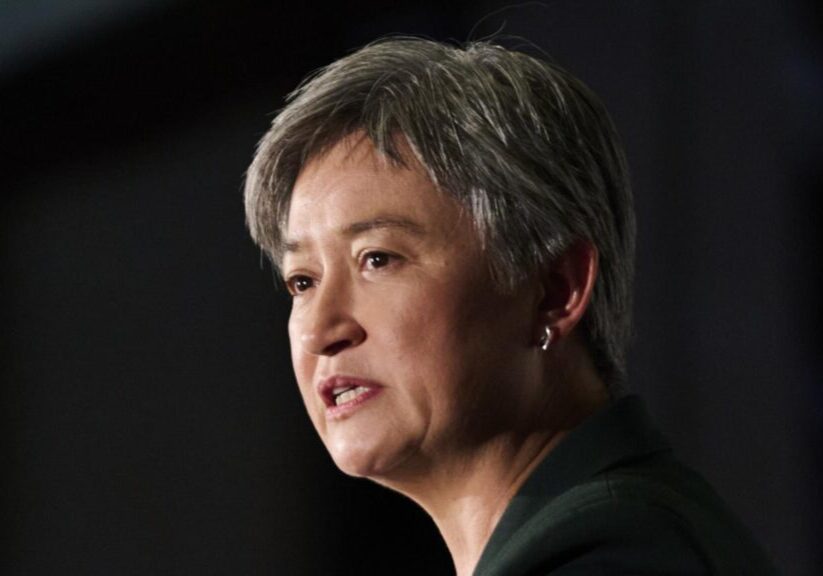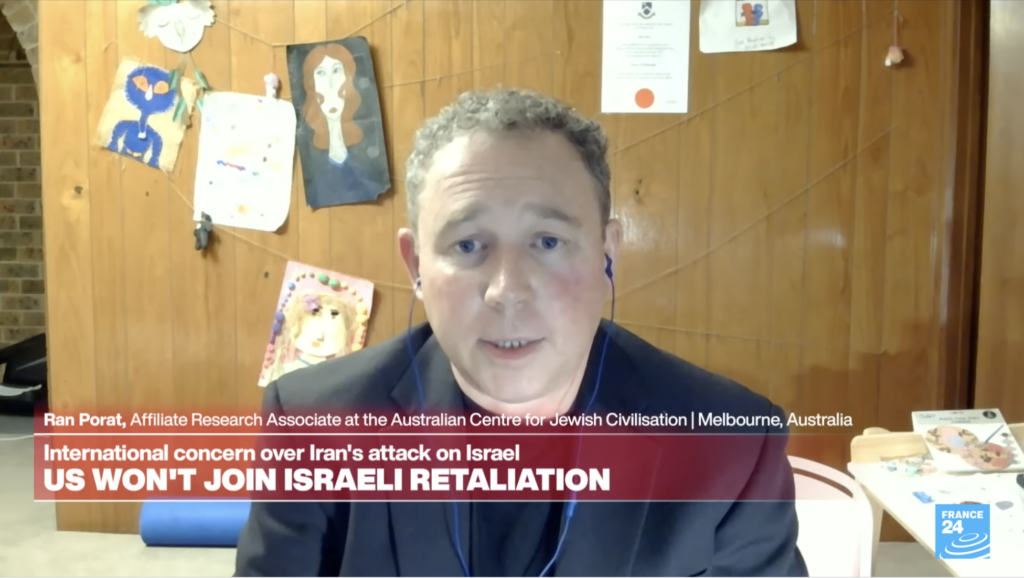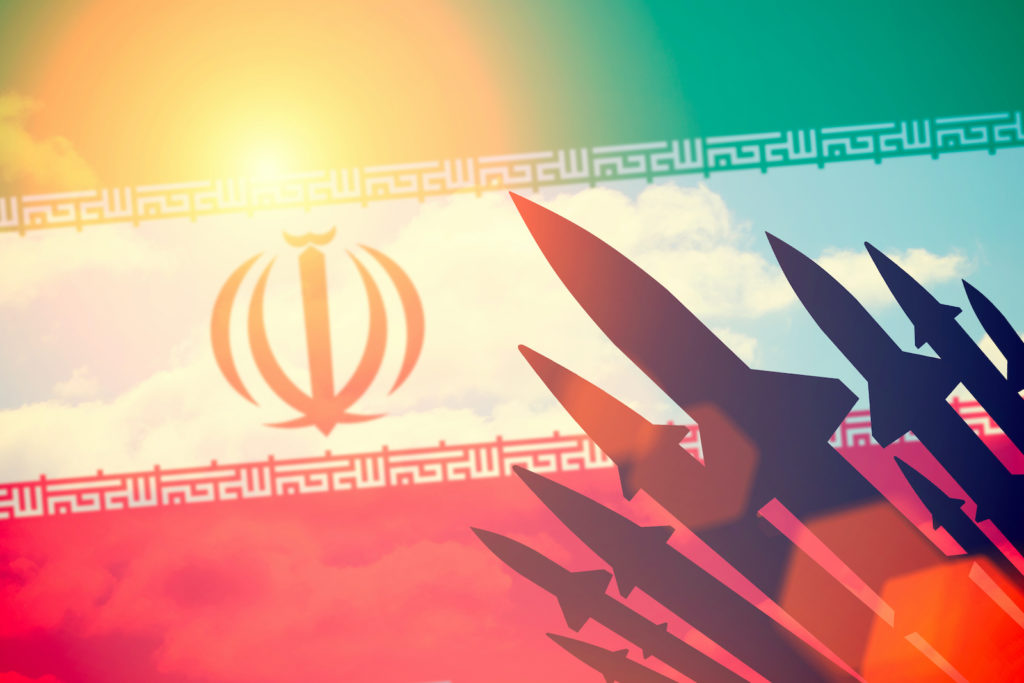IN THE MEDIA
Slow steps to solve Arab-Israeli conflict
Nov 14, 2007 | Bren Carlill
Peace with pragmatism please
Bren Carlill
Courier-Mail, November 14, 1007
The history of the Israeli-Palestinian peace process is littered with the corpses of failed talks or quickly failed agreements. They failed, by and large, because adequate preparation wasn’t made in the lead-up to talks or implementation of agreements.
The upcoming Annapolis talks look like being in the same vein.
Cynics would suggest the diplomatic offensive has come as yet another American president’s term is winding down. Everyone wants to be known as the person who delivered Arab-Israeli peace. Everyone wants a Nobel Prize.
But consider the predicament of the Palestinian leader, Mahmoud Abbas. He has little control over the Fatah-linked terrorist groups, and none over Hamas and Islamic Jihad. So, any promise he gives about preventing terrorism is next to meaningless. He has often proved he is not willing to tackle Palestinian terrorist groups, irrespective of how much money or weapons given him by America.
And what if Israel were to leave the West Bank as part of a peace deal? Thirteen years of Palestinian self-rule have indicated a state established without major Palestinian political reform would almost certainly become a basket case and a breeding ground for more terrorism. Qassam rockets and mortars, a thousand of which have been launched from relatively isolated Gaza since June, would be fired from the West Bank into Israel’s crowded heartland, bringing economic, political and physical ruin.
Fatah, trounced by Hamas in the 2006 elections, has refused to reform. Former British prime minister Tony Blair was called in specifically to facilitate the development of a functional Palestinian government and civil society. He’s made little progress.
So what’s the answer? For a start, no one should be inflating expectations. If Palestinians believe Abbas is going to return from Annapolis with deals everyone else knows Israel will never agree to, such as a full right of return for descendents of Palestinian refugees from 60 years ago, then they’re setting themselves up for disappointment. And, as we have seen over the years, Palestinians have a tendency to express their disappointment by blowing up Israelis.
In recent months, the Israeli and Palestinian leaders have met in small, mostly under the radar talks. As confidence grows, so too will the size of mutual concessions. It’s far too soon for a big peace conference. Peace is not established according to election cycles. If people want Israeli-Palestinian peace, they must sacrifice their egos and do everything they can as slowly, carefully and pragmatically as possible.
Bren Carlill is an analyst at the Australia/Israel & Jewish Affairs Council
Tags: Israel











